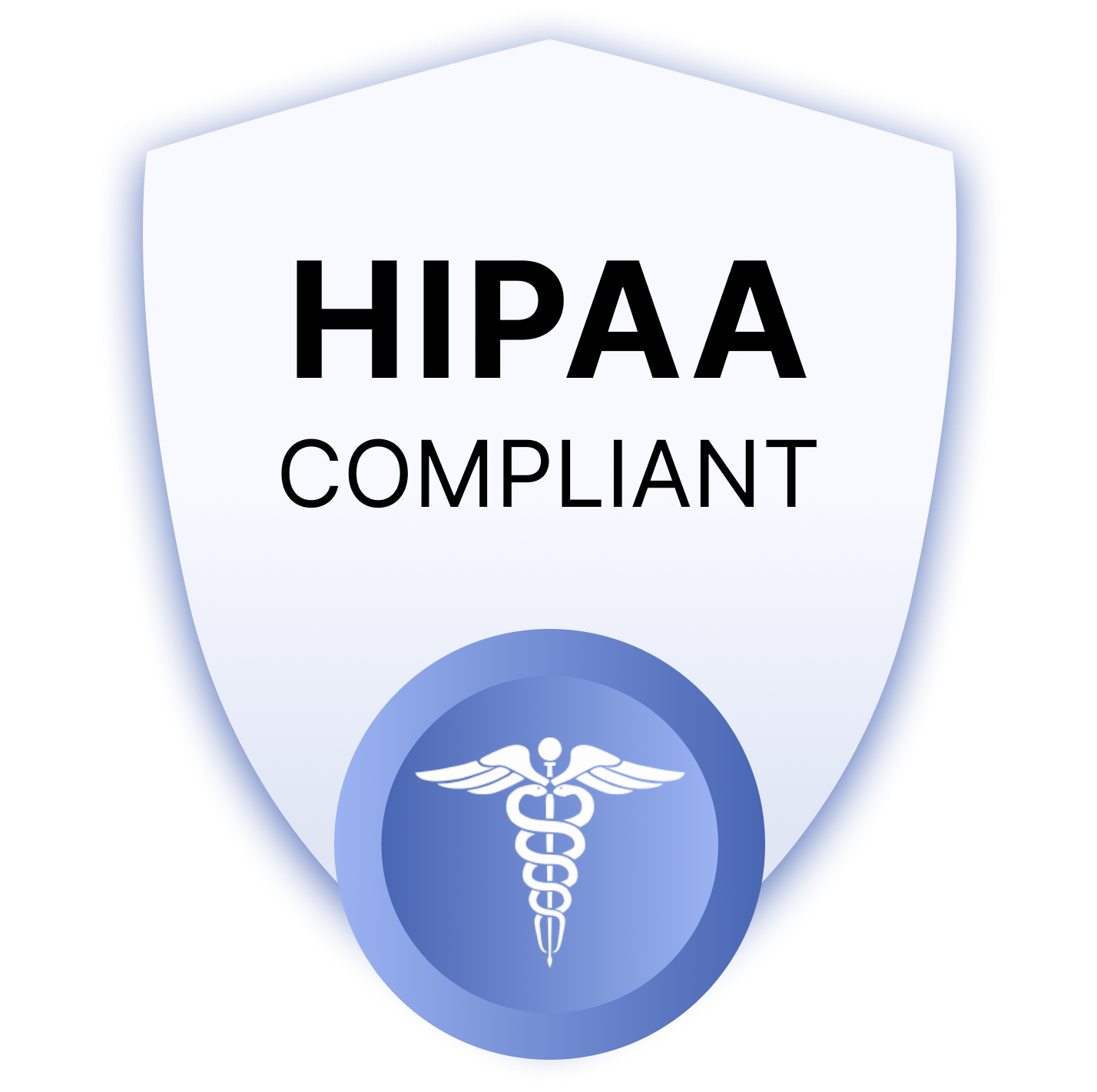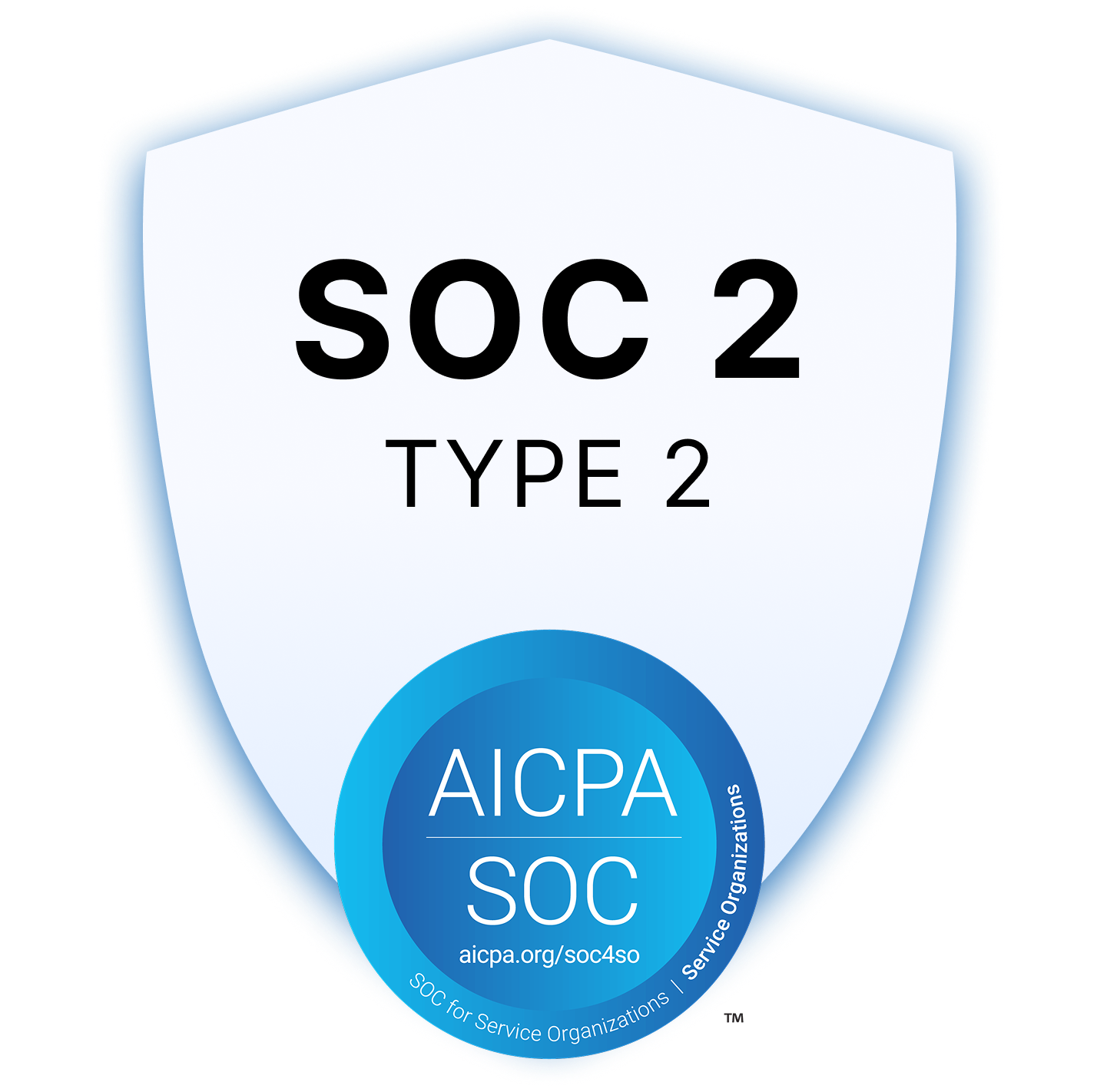
AI in Healthcare
6 min
Top 6 AI Chatbots in Healthcare in 2026
Summary
Your Competitors Are Embracing AI – Are You Falling Behind?
AI chatbots in healthcare are revolutionizing the way patients interact with medical services, offering a streamlined approach to addressing their needs.
These intelligent tools can assist with scheduling appointments, providing medical information, and connecting patients to appropriate healthcare providers.
With their ability to process natural language, AI chatbots have become essential in enhancing healthcare efficiency and augmenting the capabilities of healthcare professionals.
In this article, we explore the role, benefits, and challenges of AI chatbots in the medical field.
TL;DR
- Chatbots provide around-the-clock assistance, ensuring patients can access information at any time.
- They enhance operational efficiency by automating repetitive tasks, freeing up healthcare professionals for more critical responsibilities.
- AI chatbots offer an intuitive way to engage with healthcare services, often integrating with platforms such as Facebook Messenger, Skype, and Kik.
What Is an AI Chatbot in Healthcare?
An AI chatbot in healthcare is a digital tool designed to simulate human conversation using artificial intelligence.
These chatbots are often implemented in healthcare settings to assist patients and healthcare professionals by providing information and performing specific tasks.
They utilize natural language processing to effectively understand and respond to user queries.
Key Functions of AI Chatbots in Healthcare:
- Answering Common Questions: Chatbots handle routine inquiries, offering information on symptoms, medications, and general health advice.
- Appointment Scheduling: They facilitate appointment bookings, acting as virtual assistants to streamline scheduling processes.
- Patient Support: AI chatbots act like "personal nurses," sending medication reminders and monitoring patient health metrics.
- Navigating Healthcare Systems: These tools facilitate the navigation of complex healthcare procedures by providing guidance and support, enabling more efficient care navigation for patients.
While AI chatbots in healthcare offer numerous advantages, they are designed to complement rather than replace professional medical advice and care.
Through continuous advancements in AI technology, chatbots are becoming increasingly sophisticated, thereby contributing to enhanced patient care and improved healthcare system efficiencies.
5 Use Cases for Healthcare AI Chatbots
AI chatbots in healthcare can be utilized for various purposes, offering numerous benefits to both healthcare professionals and patients. Here we’ll look at five use cases.
1. Scheduling Appointments
AI chatbots streamline appointment scheduling by allowing patients to book, cancel, or reschedule appointments through simple interactions. This system reduces administrative burdens and provides patients with the convenience of managing appointments at any time.
2. Symptom Assessment and Triage
Chatbots can assess symptoms by interacting with patients and provide initial triage and guidance. They utilize predefined algorithms to analyze symptoms and determine the urgency of medical attention, facilitating a quicker medical response when necessary.
3. Medication Management
With medication management, chatbots help patients keep track of their prescriptions, provide reminders, and offer information about drug interactions. This use case supports medication adherence and helps prevent errors associated with missed doses.
4. Insurance and Billing Support
AI chatbots help patients understand healthcare coverage, claims, and billing inquiries. They answer questions about insurance plans and facilitate quicker claim submissions, improving patient satisfaction and reducing the workload on administrative staff.
5. Patient Feedback and Follow-Up
Chatbots collect feedback after medical visits and send follow-up reminders for post-treatment care. This ensures that healthcare providers deliver quality care and make necessary improvements based on patient feedback and experiences.
AI chatbots continue to evolve, offering various benefits across these use cases.
Benefits of AI Healthcare Chatbots
24/7 Availability for Instant Support
AI healthcare chatbots provide round-the-clock accessibility, delivering immediate responses without the need for human involvement. Patients can receive assistance at any time, improving satisfaction by removing delays and long wait times.
Enhanced Efficiency Through Automation
By automating routine tasks like appointment scheduling and reminders, chatbots help streamline operations. This frees up healthcare professionals to concentrate on more complex, value-driven responsibilities.
Scalable Solutions for High-Demand Environments
Chatbots can manage multiple conversations at once, making them ideal for busy healthcare systems. Their scalability ensures consistent service, even during peak times.
Empowering Patients With On-Demand Information
AI chatbots give patients instant access to medical information, allowing them to ask questions about symptoms, medications, and health conditions. This promotes self-management and informed decision-making.
Significant Cost Savings for Healthcare Providers
Automating patient interactions reduces the need for human labor, lowering operational costs. This is especially beneficial in large-scale systems where efficient resource allocation is key.
Secure and Compliant Communication
AI chatbots use secure channels to protect patient data, ensuring confidentiality and compliance with privacy regulations. This builds trust between healthcare providers and patients.
Streamlined Administration and Personalized Care
Chatbots reduce errors and optimize patient flow by simplifying administrative processes. They can also analyze complex data to personalize care, elevating the overall healthcare experience.
6 Top AI Health Bots in 2026
Artificial intelligence is transforming healthcare with advanced chatbots that offer support and guidance. In 2026, several AI health bots stand out for their features and capabilities.
1. OneRemission

This bot is designed to assist cancer fighters, survivors, and supporters. It provides information on post-treatment care and lifestyle adjustments, including nutrition, stress management, sleep, and exercise.
2. Youper

Youper is a chatbot that focuses on mental health, utilizing AI to offer emotional support and promote mental well-being through personalized conversations. It effectively combines artificial intelligence and psychology to facilitate a digital solution to anxiety and depression.
3. Florence

This AI chatbot has evolved from a symptom checker into a health tracker and medication management assistant. Florence helps users monitor their chosen health and wellness indicators, track their prescriptions, and understand their treatment plans.
4. Ada Health

Known for its accurate symptom checker and health assessment tools, Ada Health offers users reliable insights for informed medical decisions. Created by doctors, this AI chatbot allows users to utilize a free symptom checker, a symptom tracker, and find personalized care options.
5. Sensely

This AI health bot integrates with different electronic health records to provide a seamless experience in managing chronic conditions. Sensely is like a healthcare virtual assistant, effectively combining technology and empathy to offer its users various services. These services include a symptom checker, access to medical information and resources, and health management.
6. Buoy Health

Focused on guiding patients towards appropriate care, Buoy Health uses AI to analyze symptoms and suggest potential treatments or actions. Users can benefit from the bot’s scientifically vetted content, finding solutions to healthcare concerns safely and effectively.
Final Thoughts on AI Chatbots in Healthcare
AI chatbots are rapidly transforming the healthcare landscape by enhancing accessibility, streamlining operations, and supporting both patients and providers through intelligent automation.
As their capabilities grow, thoughtful AI chatbot development is proving essential for managing routine tasks, delivering accurate health information, and improving patient engagement, all while maintaining data privacy and regulatory compliance.
The top chatbots in 2026 showcase just how far this technology has come, offering scalable, cost-effective, and personalized healthcare support.
As the industry continues to evolve, AI chatbots will play a pivotal role in creating a more efficient, responsive, and patient-centric healthcare system.
FAQs
What are the main challenges related to using AI chatbots in healthcare?
AI chatbots in healthcare confront several significant challenges.
Data privacy and security are paramount as sensitive patient information must be protected against unauthorized access. Maintaining the confidentiality and integrity of these communications is critical.
Another challenge is ensuring accuracy in medical information. Chatbots must provide precise and reliable guidance, necessitating constant updates to reflect the latest in medical knowledge.
Failure to do so could result in misinformation and potentially lead to harmful outcomes.
Lastly, offering a realistic and empathetic communication style is a challenge. Chatbots need to interact naturally with users to foster trust and ease, yet achieving this balance while remaining efficient remains a complex task.
How do AI chatbots in healthcare work?
AI chatbots in healthcare utilize natural language processing (NLP) to effectively understand and respond to user inquiries.
They analyze text input from patients to identify the intent and information required to provide relevant responses.
These chatbots often integrate with electronic health records and other healthcare databases, enabling them to access patient history and offer tailored advice or information.
By employing machine learning algorithms, chatbots continuously improve their decision-making capability. They learn from each interaction to refine their responses, ultimately leading to a more seamless user experience over time.
What is the future of AI chatbots in healthcare?
The future of AI chatbots in healthcare is geared toward advanced AI applications. They aim to provide more accurate diagnostic support and real-time health monitoring by integrating with wearable technology.
This opens a new frontier in proactive healthcare management.
Furthermore, advancements in AI promise better personalization. Patients could receive more refined recommendations and care plans tailored to their specific health needs, driven by more sophisticated data analysis and pattern recognition.
Additionally, there is potential for increased scalability. As technology evolves, chatbots could manage a broader range of tasks, supporting more complex interactions and handling an increased volume of patient queries efficiently, playing an integral role in transforming patient care delivery.
Unlock 300+ integrations with no hidden fees, bespoke rewards, and dedicated support















